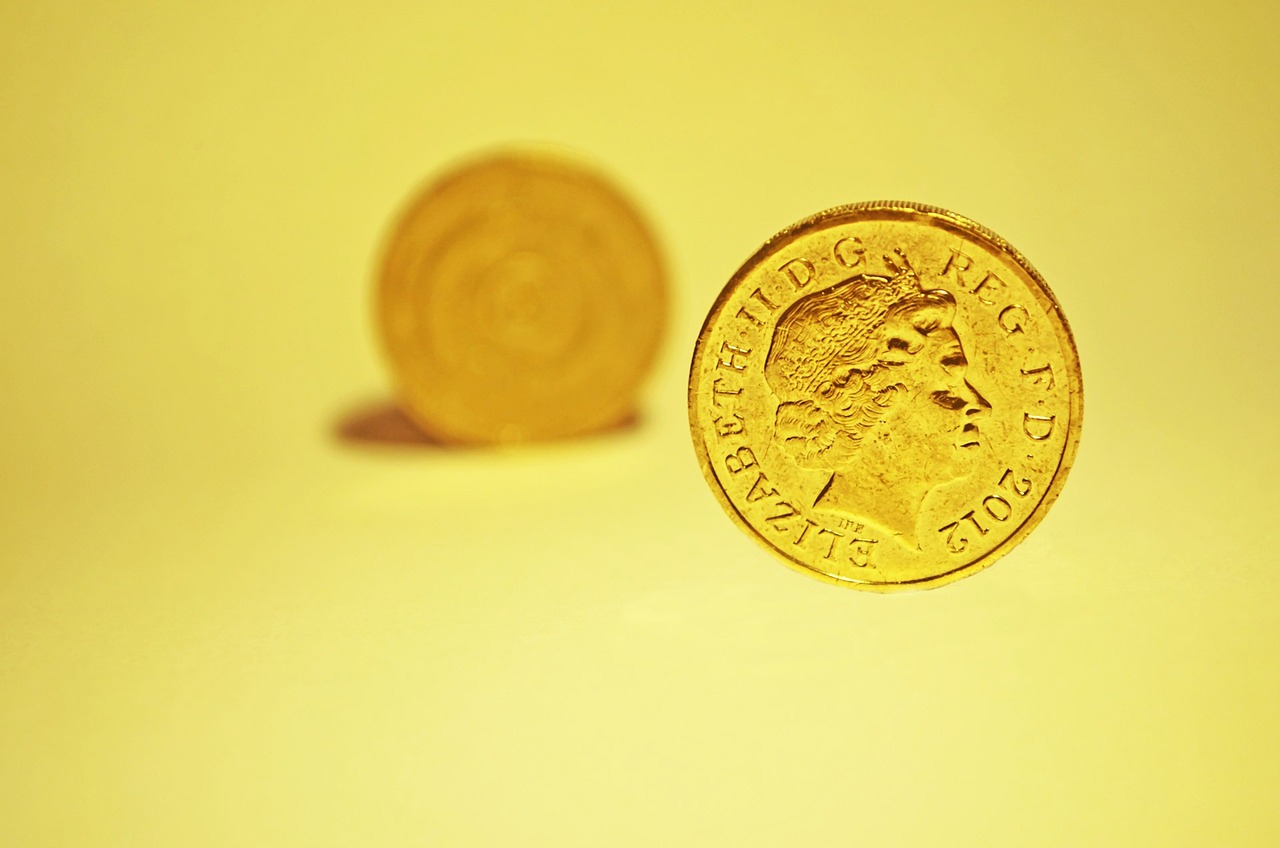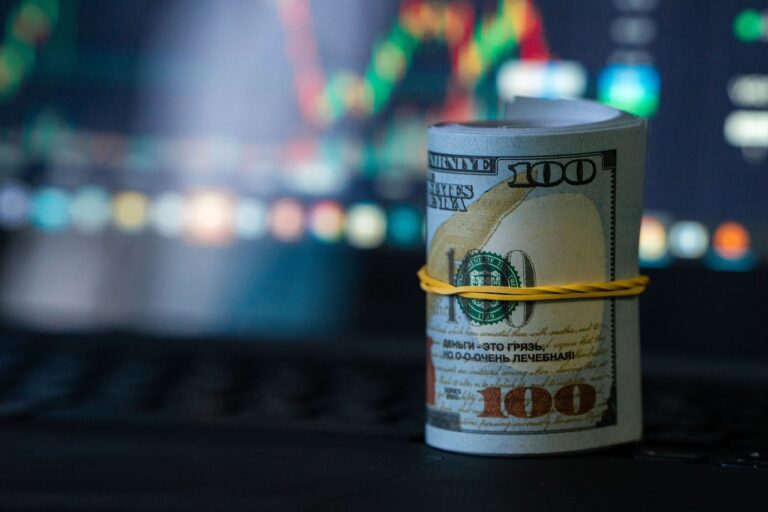Analyzing the Economics of Jewelry Auctions: Silverexch.com, Goldenexchange, Betbook247.com
silverexch.com, goldenexchange, betbook247.com: Jewelry auctions have always been an exciting and intriguing aspect of the luxury goods market. From dazzling diamonds to rare gemstones, these auctions attract collectors, investors, and enthusiasts from around the world. But have you ever stopped to think about the economics behind these auctions? Let’s delve into the intricacies of jewelry auctions and analyze the key economic factors at play.
Supply and Demand
One of the fundamental principles of economics is the law of supply and demand. In the world of jewelry auctions, this principle holds true. The supply of jewelry at auctions is limited, as only a finite number of pieces are available for sale. On the other hand, there is a high demand for luxury jewelry items, driven by factors such as prestige, craftsmanship, and rarity. This imbalance between supply and demand often leads to fierce competition among bidders, resulting in increased prices and bidding wars.
Market Trends
Like any other market, the jewelry auction industry is influenced by market trends. The value of jewelry items can fluctuate based on factors such as changing tastes, economic conditions, and geopolitical events. For example, a piece of vintage jewelry may skyrocket in value if it becomes a popular trend among collectors. Understanding these market trends is crucial for both buyers and sellers to make informed decisions in the auction market.
Brand Value
Brand value plays a significant role in the economics of jewelry auctions. Established luxury brands such as Cartier, Tiffany & Co., and Bulgari command higher prices due to their reputation for quality and craftsmanship. Buyers are willing to pay a premium for jewelry from these prestigious brands, contributing to the overall economic dynamics of the auction market. On the other hand, lesser-known or emerging brands may struggle to attract high bids unless they offer unique and desirable pieces.
Auction Dynamics
The dynamics of jewelry auctions are unique compared to traditional retail sales. Auctions create a sense of urgency and excitement, leading to competitive bidding and potentially higher prices. The auction format allows buyers to set their own price limits and participate in a transparent and competitive process. Auction houses play a critical role in facilitating these transactions, providing a platform for buyers and sellers to engage in fair and efficient transactions.
Investment Potential
In recent years, jewelry has emerged as a viable alternative investment option for savvy investors. Rare and high-quality jewelry items have the potential to appreciate in value over time, making them attractive investment assets. Jewelry auctions offer investors the opportunity to acquire valuable pieces and diversify their investment portfolios. However, like any investment, it is essential to conduct thorough research and due diligence before participating in jewelry auctions.
Overall, the economics of jewelry auctions are complex and multifaceted, influenced by factors such as supply and demand, market trends, brand value, auction dynamics, and investment potential. Whether you’re a seasoned collector or a novice enthusiast, understanding these economic principles can help you navigate the world of jewelry auctions effectively and make informed decisions. Happy bidding!
FAQs
Q: Can anyone participate in jewelry auctions?
A: Yes, most jewelry auctions are open to the public and allow anyone to register and bid on the items up for sale.
Q: How can I determine the value of a jewelry item at an auction?
A: The value of a jewelry item at an auction is determined by factors such as the quality of materials, craftsmanship, brand reputation, and market demand. It’s advisable to consult with experts or appraisers to assess the value accurately.
Q: Are there any risks associated with buying jewelry at auctions?
A: Like any investment or purchase, there are risks involved in buying jewelry at auctions. It’s essential to do your research, set a budget, and be cautious of counterfeit or misrepresented items.







